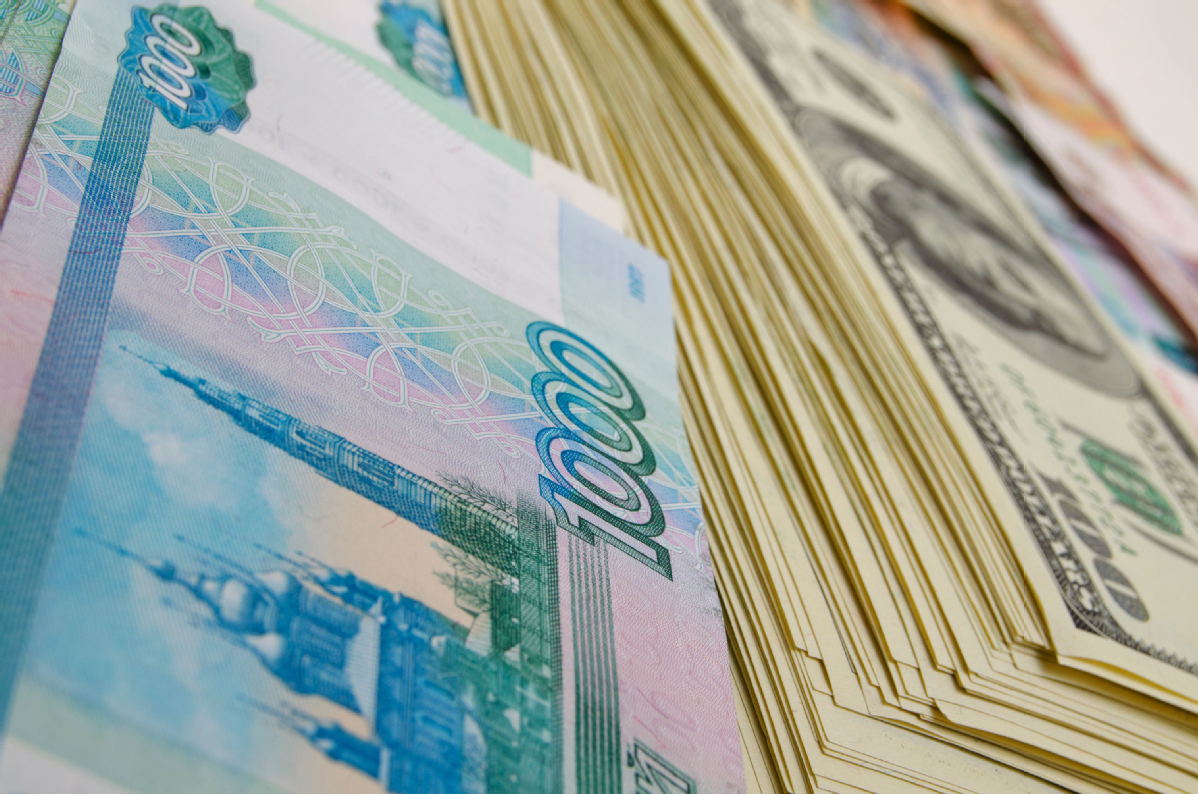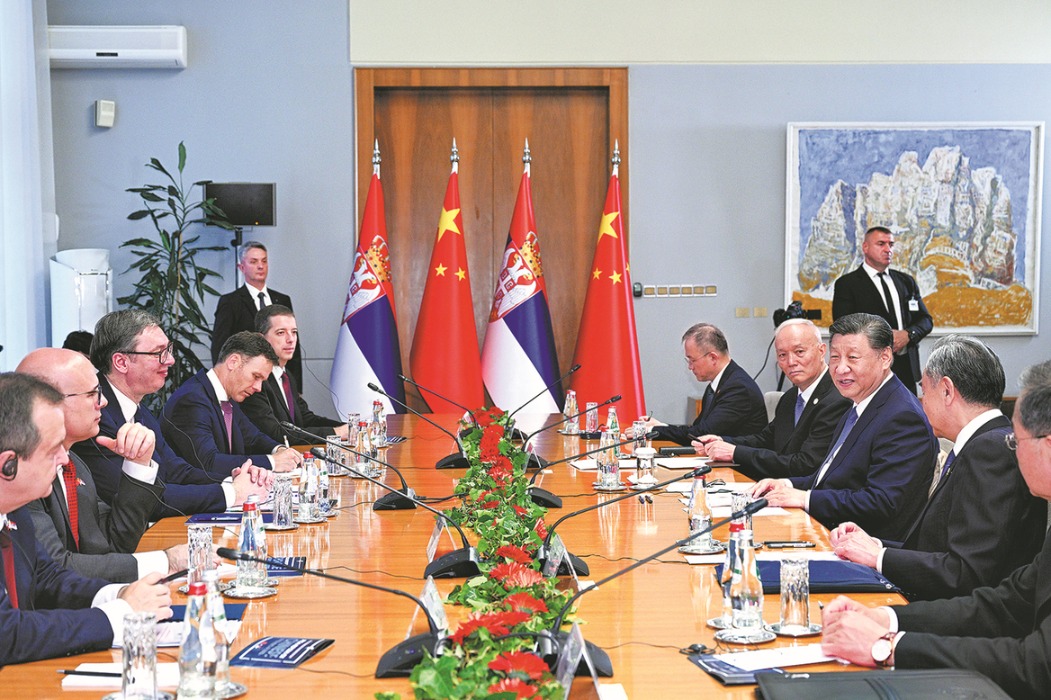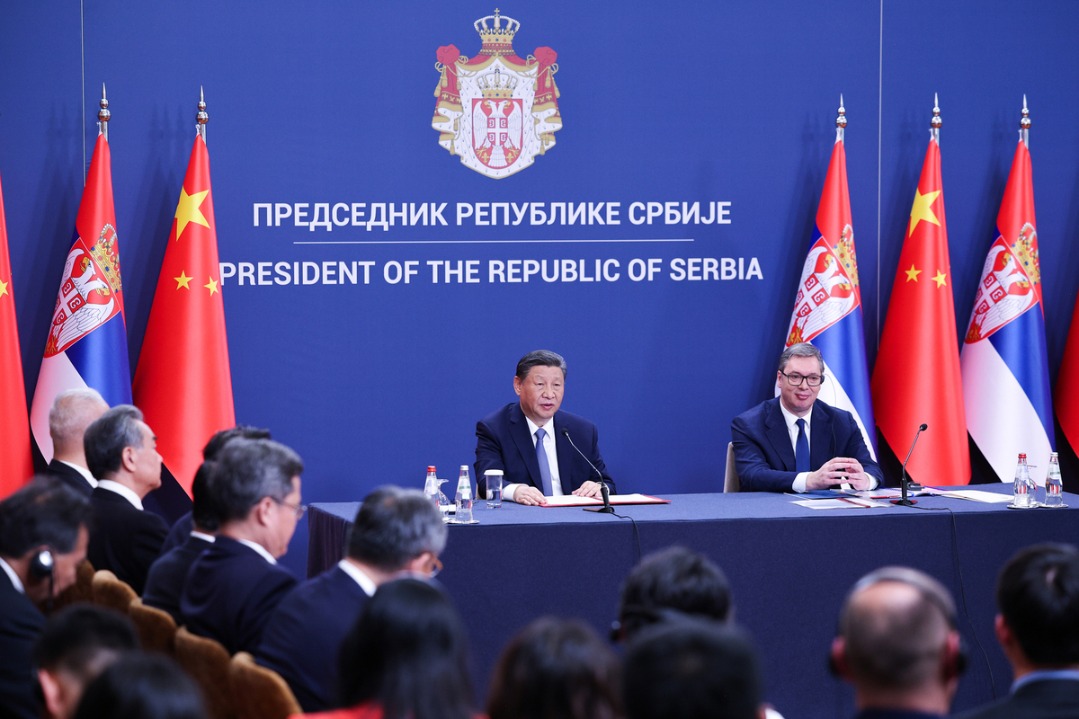'De-dollarization' gains currency, as Washington overdraws its credit
China Daily | Updated: 2022-04-06 07:06

Senior officials from the United States recently visited Europe, India, the Middle East and other regions to get more countries to put pressure on Russia.
The US has particularly urged its European allies to punish Russia in the field of energy, pressured India to buy little or no Russian energy, and urged countries in the Middle East to increase oil production to plug the shortfall caused by sanctions against Russia. The US has even launched the largest release of its oil reserves in history in order to shore up confidence among its allies and tame domestic inflation.
While the effectiveness of the US's moves remain to be seen, some experts have warned of the serious side effects of imposing sanctions on Russia. Gita Gopinath, first deputy managing director of the International Monetary Fund, said it could undermine the dominance of the US dollar and lead to more "fragmentation" of the global financial system. The US-led Western pressures have encountered tough responses from Russia, including a growing call for "de-dollarization". On March 31, Russian President Vladimir Putin signed a presidential decree, stipulating that "unfriendly countries" must open a ruble account in a Russian bank to buy Russian natural gas. Russian State Duma Speaker Vyacheslav Volodin warned that Russian exports such as grain, fertilizer and timber could soon be priced in rubles. The Indian media recently reported that India and Russia are discussing a rupee-ruble settlement mechanism for bilateral trade.
For a long time, the US has overdrawn the credit of the dollar as a major international currency, and periodic fluctuations in the global market, caused by the dollar in particular, have caused more countries to seek countermeasures.
Therefore, it is no surprise that the Russia-Ukraine conflict has sparked "de-dollarization" voices afresh.
"De-dollarization" fundamentally arises because the US abuses the dollar's dominant position to impose financial sanctions that can freeze other countries' hard-earned dollar reserves.
Although the dollar's status in the global monetary system has declined in recent years, it is difficult to quickly replace its reserve status. However, the US' abuse of the dollar's status has sown seeds of mistrust and other countries have an increased willingness to speed up the creation of alternative global financial payment systems. As analysts point out, the dollar's dominance in the global market is likely to be weaker than it seems, and a diversified international monetary system is emerging.
























